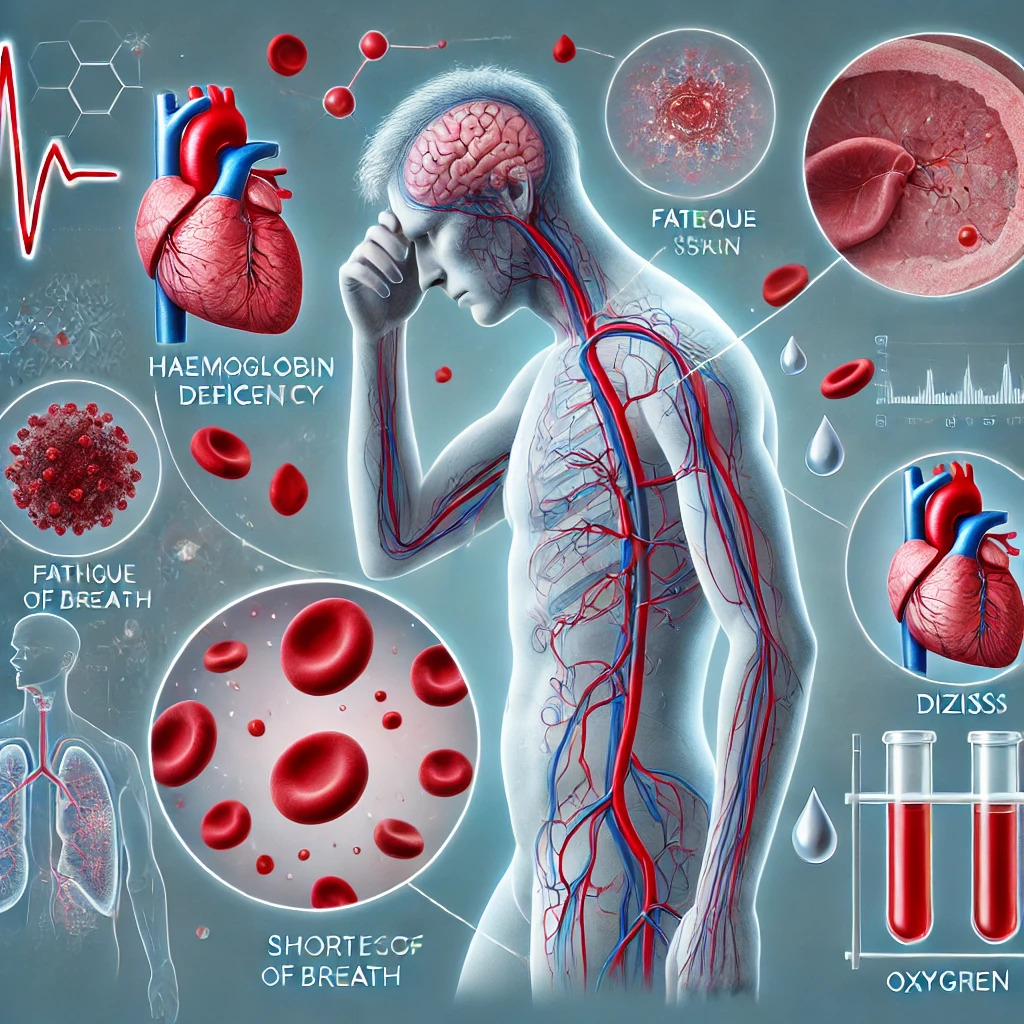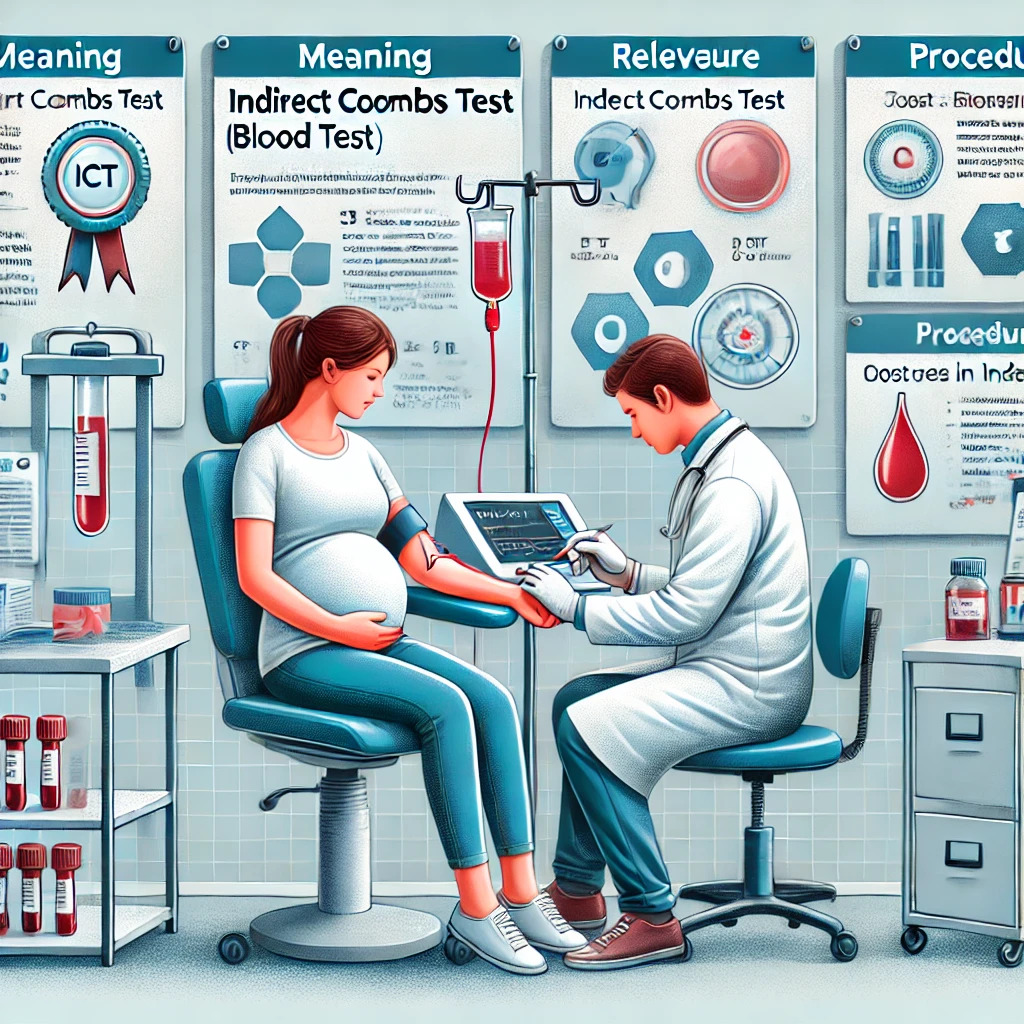SGOT And SGPT in Dengue: Everything You Should Know

Dengue is a viral infection transmitted by the bite of an infected mosquito from the Aedes species. Although monsoon months are considered more suitable for the mosquitoes to breed and spread disease, DengueDengue is regarded as a year-round infection in India, where we have seen many cases in October and November this year. Due to multiple mechanisms, dengue infection has been known to impact organ function, like liver function.
High SGOT and SGPT in Dengue mean that the Liver has been affected. People usually associate dengue fever with platelet reduction, but in severe dengue fever, multiple organs can be impacted, including the Liver, kidneys, heart, and lungs. SGOT and SGPT ratios may be used to assess the severity of the infection.
As the Liver is a vital organ, doctors check SGPT and SGOT levels in DengueDengue.
Recently, it has been observed that these two liver enzymes have increased in patients with severe Dengue. It can even lead to liver failure.
Overview
According to many reports, out of 4 people infected with the dengue virus, one will be symptomatic, while others will recover without noticeable signs and symptoms.
There are four types of Dengue viruses, and the one a person is infected with will lead to lifelong immunity to that virus. But you can get infected with the other types of Dengue virus.
While most people who are symptomatic will have mild to moderate acute febrile illness with non-specific symptoms, 1 out of 20 patients will develop severe DengueDengue. Most likely, this happens when one is infected with Dengue for the second time or in the elderly with pre-existing diseases.
Multiple organs, including the Liver, with very high SGOT and SGPT in Dengue, are seen in these patients. Even those with mild symptoms can have some increase in the levels of these liver enzymes. The stories of both these enzymes increase in blood only when there is some damage to the Liver. This is why it is essential to be monitored by a doctor when you have a dengue infection, as things can get complicated quickly.
As severe DengueDengue is a life-threatening condition, early management can reduce the mortality rates to less than 1%. These rates are very high without treatment.
Severe Dengue can present as dengue hemorrhagic fever or dengue shock syndrome. A patient will require ICU management in such cases. Initial symptoms are the same as common dengue fever symptoms.
High SGOT and SGPT in Dengue
It is natural to wonder why SGOT is high in Dengue, or why both SGOT and SGPT are high. It has long been known that dengue infection causes hepatic (liver) injury. There may be mild to severe elevation of liver enzymes, with SGOT being higher than SGPT. Reasons for liver injury can be direct hepatotoxicity and host immune response to the virus.
It is important to monitor liver function during Dengue Dengue both because liver injury must be avoided and because hepatic derangement indicates worsening dengue infection. You need to prevent hepatotoxic medicines and take medicines prescribed by a doctor only.
How do you reduce SGOT and SGPT in Dengue?
It is essential to learn that hydration is critical when fighting dengue infection. Hydrate yourself well and eat a nourishing diet according to the severity of the disease. A diet according to the severity of the disease means that some patients may have to take a very low-fiber diet.
The diet should be low in fat for all infected people and supply enough protein and energy. Add fruits and vegetables rich in antioxidants and vitamin C. Avoid raw food. Do not self-medicate, as many medicines are toxic for the Liver, and these can raise SGOT and SGPT to dangerous levels, which is a risk for liver failure.
Normal blood pressure levels should be maintained. In most cases, liver enzyme elevation is self-limiting, and classes will return to normal as you recover.
Signs and symptoms of dengue fever commonly seen in patients
- High fever, also called breakbone fever because of severe aches and pains
- Retro orbital pain
- Intense headache
- Abdominal pain with or without nausea and vomiting
- Loss of appetite
- Skin rashes
- Lower than average levels of WBCs, also called leukopenia
- Petechiae
- Skin rashes
- High levels of SGOT and SGPT
Severe DengueDengue may develop after 3-7 days of initial symptoms, and warning signs can include
- Severe pain in the abdomen
- Fast breathing
- A decrease in fever
- Rapidly decreasing platelet count
- Enlarged Liver with decreasing liver function, which very high SGOT and SGPT levels may accompany.
- Edema
- Blood in vomit and stool
- Persistent vomiting
- Dehydration
- Mucosal bleeding
- Lethargy
- Bleeding under the skin
If these signs and symptoms are seen, the patient requires immediate emergency medical care. Patients can have extremely low BP, damage to the Liver, kidneys, lungs, heart, etc, and go into shock if prompt treatment is not done.
Diagnosis
Dengue infection typically shows non-specific symptoms similar to viral infections like seasonal flu, typhoid fever, malaria, and other mosquito-borne diseases. This is why a clinical assessment and regular blood tests will be required to diagnose Dengue and its stages.
Assessment will include taking body temperature, looking for hepatomegaly and abdominal tenderness, and asking about your symptoms, medical history, etc.
Diagnostic tests will include:
- Complete blood count will also cover platelet count and white blood cell count.
- Dengue diagnostic tests like antigen NS1 or RT-PCR, antibody tests, etc.
- Kidney and liver function tests will include SGOT and SGPT, albumin, creatinine, electrolytes, etc.
- Other tests based on your condition
Conclusion
It is much better to take preventive measures to protect you from DengueDengue. These include destroying mosquitoes' natural habitat, including stagnant water; avoiding areas where the infection is prevalent; wearing clothes that cover your arms, hands, legs, and feet; using mosquito repellent creams; fumigating; and keeping yourself healthy.
If one suspects a dengue infection, get yourself tested immediately. O-Lab is the best place for tests in Jammu for accurate and timely reporting at discounted prices.
Seek immediate medical care and get the tests done per medical advice, including CBC and liver function tests, which will check SGOT and SGPT, amongst other parameters, RFT, and other tests.
You can recover faster by resting well, keeping yourself hydrated, eating a nourishing diet with enough protein and carbs, a diet that is low in fats, high in vitamin C and antioxidants, avoiding raw food, avoiding things that can increase your chance of bleeding; not taking OTC remedies; and by being monitored by a doctor for recovery.





